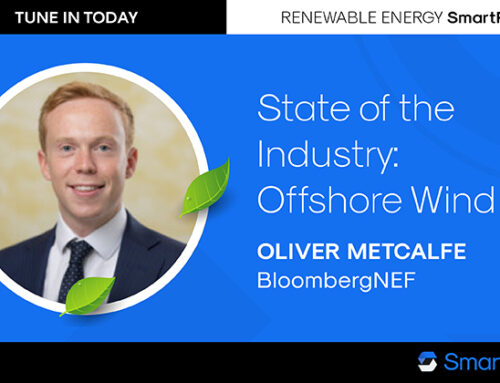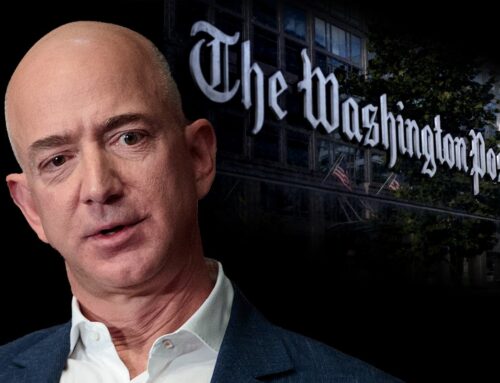Keeping PACE: EDA programs making it easier to fund green energy efforts
October 31, 2024
Kathleen Coviello has spent enough time in spearheading roles at the New Jersey Economic Development Authority to say without hesitation: She has dealt with a lot of the state’s businesses, and a lot of them have the will and desire to help advance the state’s clean energy goals.
She also understands their on-the-ground realities: There always are concerns about the cost.
So, the NJEDA’s chief economic transformation officer is happy to be able to tell businesses when there’s more options for them to fund renewable energy infrastructure. The latest form of that is the Garden State Commercial Property Assessed Clean Energy (or C-PACE) Program, which Gov. Phil Murphy signed into law in late August.
In doing so, the state joined around 40 other states with some version of a C-PACE program. Such programs nationally have collectively supported about $8 billion in financing and contributed to the creation of more than 100,000 jobs, according to the state’s officials.
“We think it’s a creative mechanism that other states have used … to allow folks to secure long-term financing up to thresholds that perhaps would otherwise not be available to them,” Coviello said. “What many folks don’t know is that New Jersey already had a (C-PACE) program on the books … but under the (Gov. Phil) Murphy administration, the state has looked to refresh the program.”
Max Frank, the NJEDA’s project officer for C-PACE, explained that there were a few trends that necessitated another look at the state’s take on the program, which facilitated financing for clean energy upgrades at industrial and commercial properties throughout the state.

“While the state had a program from back in 2018 that was one of the first of its kind in the country, it was financed solely through bond issuance, which complicated the process,” he said. “We’re still able to go through bond issuance with this new program, but it opens the door to private capital financing. And 95% of projects are financed that way today.”
Now, the program covers not only clean energy, including HVAC systems and EV charging stations, but water conservation projects and storm resiliency infrastructure as well. New Jersey’s latest iteration of C-PACE also makes it just the third state to include investments into microgrid technology in its statute.
“We certainly believe enhancing this program to include private capital investors will tap new markets for us,” Coviello said. “We believe the market is ripe for this, both in new construction and retrofits.”
She added that to measure the program’s success, state officials will “look at uptakes in participation as well as outputs toward advancing the state’s clean energy goals.”
Building emissions continue to be the largest contributor to emissions in the Garden State, outside of vehicles.
Frank said energy efficiency upgrades in buildings, along with new renewable energy generation, is what he expects most of the financing from this program will be directed toward. And, in order to fully utilize C-PACE financing, new developments and building retrofits are encouraged to not just meet, but also exceed the state’s energy code.
“There’s a robust pipeline in New Jersey — at least that’s what we’re hearing from municipalities, capital providers, developers and even from engineers working on these projects,” he said. “So, we have a lot of excitement about this program from all corners.
“We’ve been receiving a lot of input. As all the participants who will be involved and as projects get approved and start coming out of the woodwork, we’re continuing to engage with them to learn more about program specifics.”
Conversation Starter
Reach New Jersey Economic Development Authority at njeda.gov or call 844-965-1125.
Search
RECENT PRESS RELEASES
Related Post




